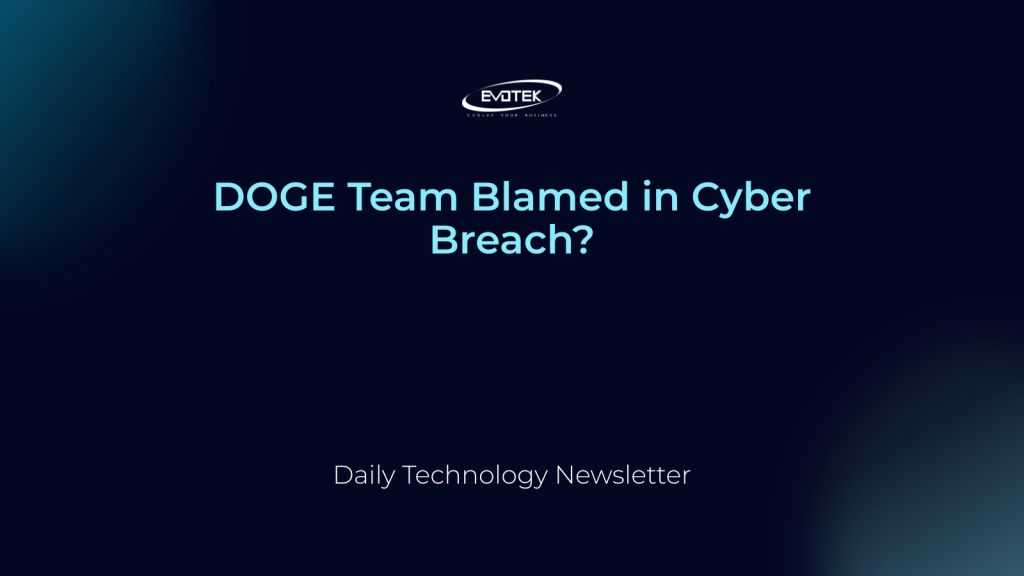A whistleblower has accused Elon Musk’s Department of Government Efficiency (DOGE) of causing a “significant cybersecurity breach,” potentially jeopardizing sensitive U.S. labor data. The claims raise serious questions about data security and access within government agencies.
Daniel Berulis, an IT staffer at the National Labor Relations Board (NLRB), testified that DOGE was granted extensive access to NLRB systems. He alleges that DOGE exported large amounts of data, creating a vulnerability to foreign adversaries.
Adding a sinister twist, Berulis’s lawyer claims he received threats, including a note with drone photos of him taped to his door.
Spikes in Data & Suspicious Log-ins
Berulis became alarmed by unusual data outflow after DOGE staffers gained access. He also reported suspicious log-in attempts originating from a Russian IP address using DOGE accounts.
The NLRB, a crucial agency protecting private sector labor rights, handles sensitive data including proprietary business information, union details, and legal case affidavits. Experts warn this data could give companies, potentially including Musk’s, a competitive advantage.
“I can’t attest to what their end goal was,” Berulis stated, “But the bits of the puzzle that I can quantify are scary.”
Conflicting Accounts Emerge
While Berulis urges an investigation by agencies like CISA or the FBI, the NLRB denies granting DOGE access to its systems. A representative claimed an internal investigation found “no breach of agency systems occurred.”
However, the White House appeared to contradict this, stating that DOGE employees were hired at agencies to “coordinate data sharing.”
Musk’s Ongoing Battle with the NLRB
Musk’s SpaceX is currently challenging the NLRB’s authority in court, arguing its structure is unconstitutional. This legal battle stems from the NLRB accusing SpaceX of illegally firing employees who criticized Musk.
Senate Inquiry Requested
Whistleblower Aid, representing Berulis, has requested a Senate investigation into DOGE’s actions, describing them as a potential “significant cybersecurity breach” exposing the government to foreign threats.
The request highlights concerns about a threatening note left at Berulis’s home, specifically referencing the disclosure. The note included drone photographs of Berulis walking in his neighborhood.

 日本語
日本語 한국어
한국어 Tiếng Việt
Tiếng Việt 简体中文
简体中文